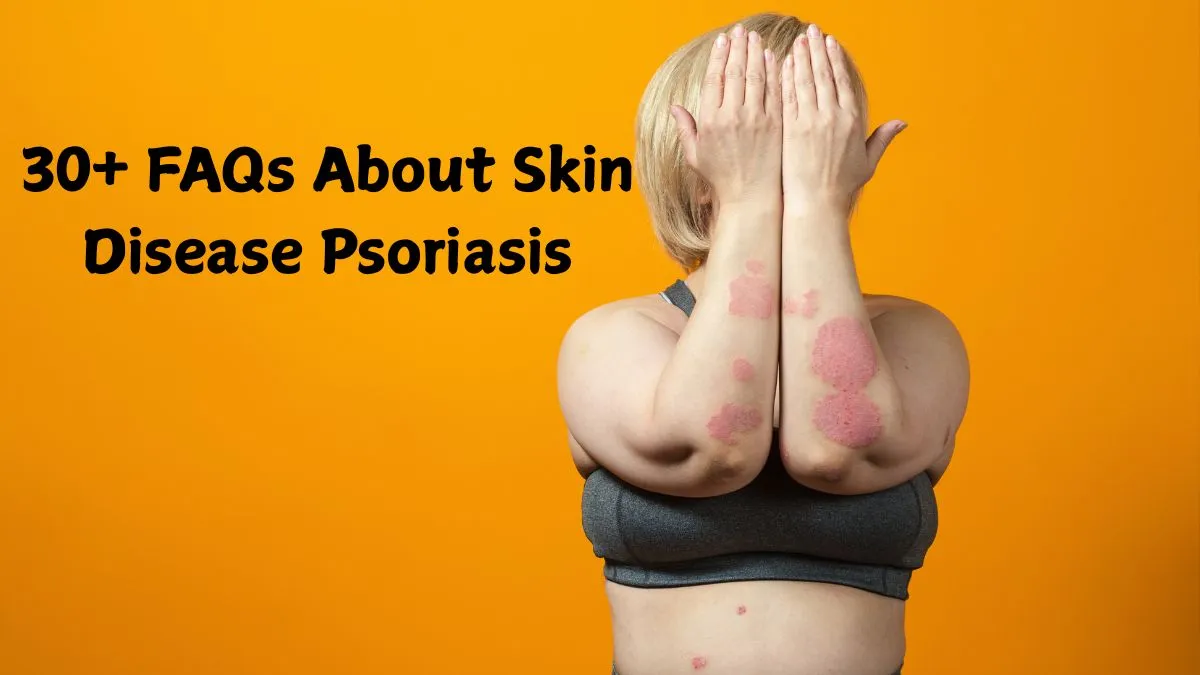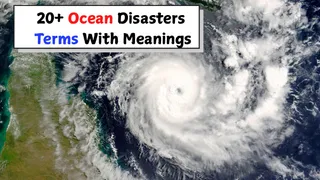- By Aditi Priya Singh
- Wed, 29 Oct 2025 06:59 PM (IST)
- Source:JND
World Psoriasis Day, which is celebrated on October 29th every year, is an important opportunity to increase awareness of this chronic, non-contagious autoimmune condition worldwide. According to The National Psoriasis Foundation, around 125 million people worldwide suffer from psoriasis, which is much more than just a skin ailment. It can cause inflammation in the skin and possibly in the joints, which can result in psoriatic arthritis, and it can increase the risk of other major health problems like cardiovascular disease.
To debunk myths, reduce judgment, and make sure the people impacted are aware of the most recent symptoms, available treatments, and the value of an integrated approach to health management, we concentrate on delivering simple, understandable information on this day. Our objective is straightforward: to improve the quality of life for all psoriatic disease sufferers.
Here are 30+ FAQs about skin disease Psoriasis on World Psoriasis Day 2025, such as its symptoms, treatment, management and more.
Basic Knowledge About Skin Disease Psoriasis
1. What exactly is Psoriasis?
It's a chronic autoimmune disease where the immune system attacks healthy skin cells, making them grow too fast.
2. Is Psoriasis contagious?
No, absolutely not. You cannot catch it by touching someone who has it.
3. What is the main cause of Psoriasis?
It's mainly caused by a mix of genetics and an overactive immune system (T-cells), leading to inflammation.
4. What does Psoriasis look like?
It usually looks like raised, red or purplish patches of skin covered with thick, silvery-white scales (plaques).
5. Where on the body does it commonly appear?
Most often on the elbows, knees, scalp, and lower back, but it can appear anywhere.
6. Does Psoriasis affect children?
Yes, though it's more common in adults, it can start at any age, including childhood.
7. Is Psoriasis curable?
Currently, no. It is a lifelong, chronic condition, but it is highly treatable and manageable.
8. What is the skin cell turnover time in Psoriasis?
Skin cells mature in about 3 to 4 days, instead of the usual 28 to 30 days, causing them to pile up.
9. Is it hereditary?
Yes, having a family member with Psoriasis significantly increases your risk.
ALSO READ: What Is The Lumpy Skin Disease? Know Its Symptoms, Causes, Preventions And Affects On Humans
Types And Symptoms Of Psoriasis
10. What is the most common type of Psoriasis?
Plaque Psoriasis (Psoriasis Vulgaris), which causes the typical scaly, raised patches.
11. What is Guttate Psoriasis?
Small, drop-shaped, scaly spots often triggered by a strep throat infection.
12. What is Inverse Psoriasis?
Smooth, red patches that appear in skin folds like the armpits, groin, or under the breasts.
13. What is Psoriatic Arthritis (PsA)?
A related condition causing pain, stiffness, and swelling in the joints, affecting up to 30% of Psoriasis patients.
14. Can Psoriasis affect the nails?
Yes (Nail Psoriasis), causing pitting, discolouration, crumbling, or the nail lifting from the bed.
15. Is Psoriasis always itchy?
Not always, but it often is. It can also cause burning, stinging, and soreness.
16. What is Erythrodermic Psoriasis?
A severe, rare type where the rash covers nearly the entire body and causes intense burning and peeling; it's a medical emergency.
17. What is Pustular Psoriasis?
A rare type characterised by pus-filled bumps (pustules) surrounded by red skin.
Triggers and Flare-ups of Psoriasis
18. What are common Psoriasis triggers?
Stress, infections (like strep throat), skin injury, certain medications, and heavy alcohol use.
19. Can stress cause a flare-up?
Yes, stress is one of the most common and powerful triggers for Psoriasis flare-ups.
20. Does diet affect Psoriasis?
While it doesn't cause it, an anti-inflammatory diet (like Mediterranean) and avoiding alcohol may help some people.
21. Does the weather affect symptoms?
Yes, cold, dry weather often makes Psoriasis worse, while moderate sunlight can be helpful.
22. What is the Koebner phenomenon?
When new Psoriasis lesions appear on an area of the skin that has been injured, scratched, or sunburnt.
ALSO READ: What Is Psoriasis? Expert Advice On How You Can Treat This Skin Issue
Treatment and Management
23. How is Psoriasis diagnosed?
Usually through a physical exam by a dermatologist, sometimes confirmed with a skin biopsy.
24. What are the main treatment categories?
Topicals (creams), Phototherapy (light), and Systemics (oral or injectable medicines).
25. What are topical treatments?
Creams, ointments, and lotions, like steroid creams and Vitamin D analogues, are applied directly to the skin.
26. What is Phototherapy (Light Therapy)?
A treatment using controlled exposure to UVB light to slow the growth of skin cells.
27. What are Biologics?
Advanced injectable or IV medicines that target specific parts of the immune system to stop inflammation;
often used for moderate to severe cases.
28. Can moisturisers help Psoriasis?
Yes, thick, rich moisturisers are essential to reduce dryness, scaling, and itching.
29. How long does a flare-up last?
Without treatment, flare-ups can last a few weeks or months, but treatment speeds up healing.
30. What is "remission"?
A period when Psoriasis symptoms clear up or become minimal, which can last for months or years.
31. Is Psoriasis linked to other health problems?
Yes (Comorbidities), including a higher risk of heart disease, diabetes, obesity, and depression, due to chronic inflammation.
32. When should I see a dermatologist?
If you suspect Psoriasis, have widespread or severe patches, or if your symptoms cause significant pain or distress.





